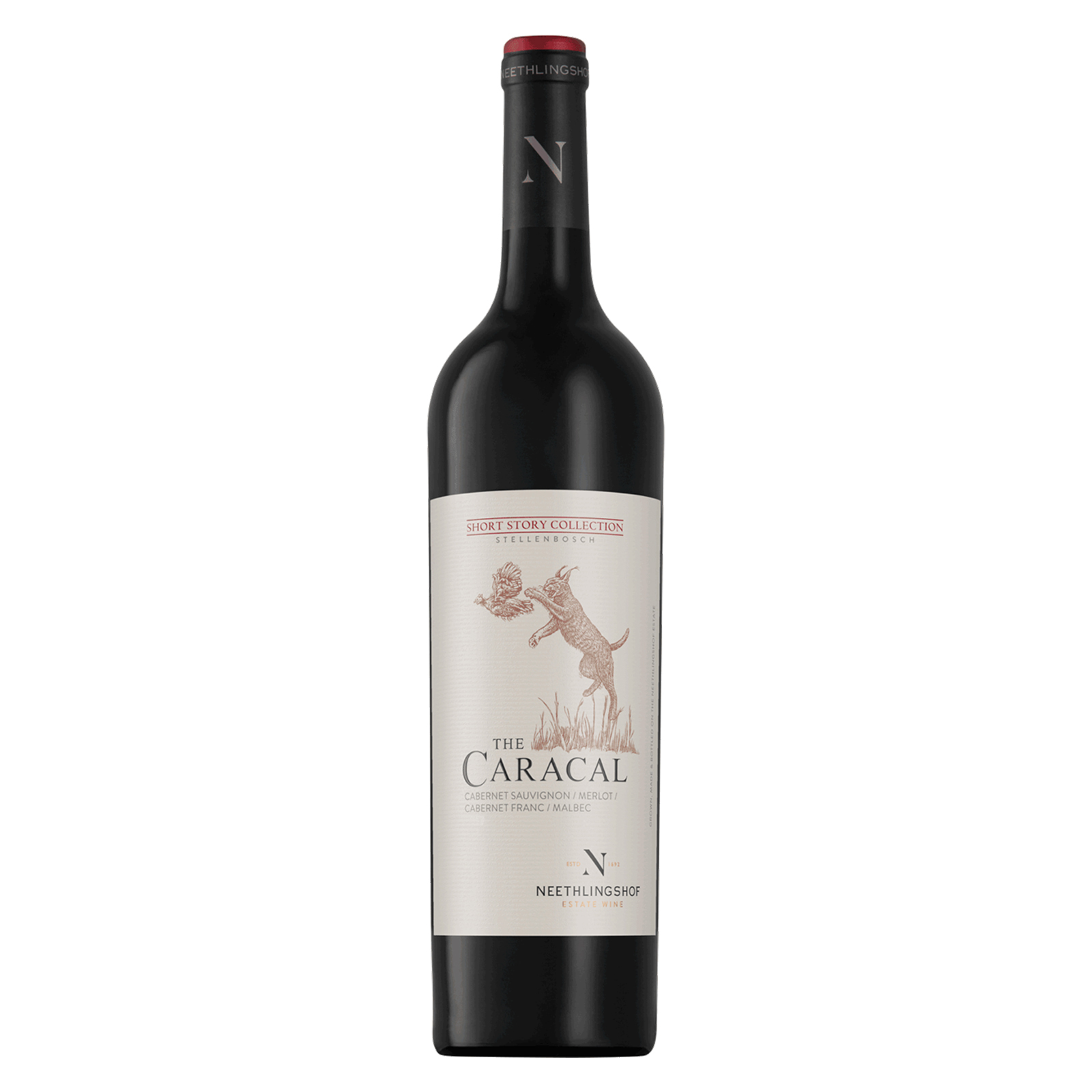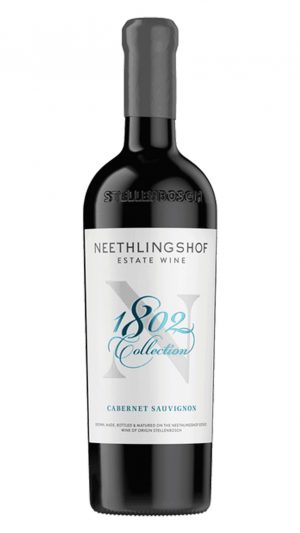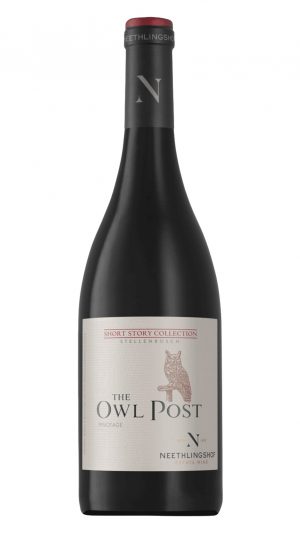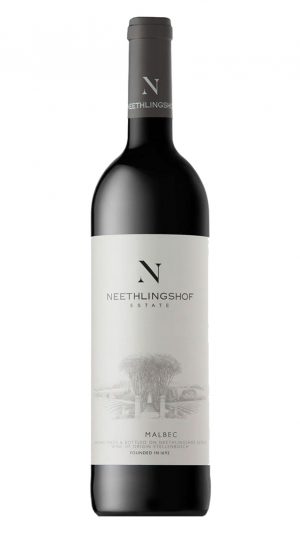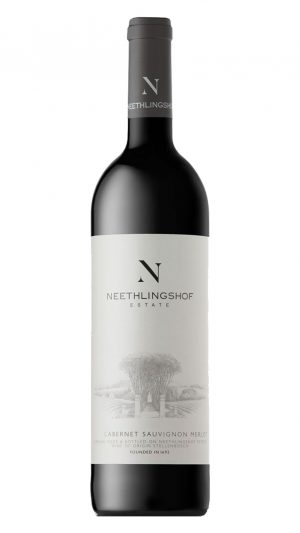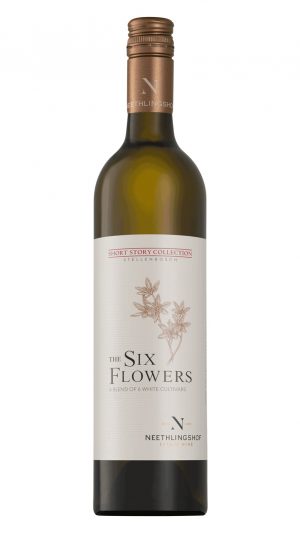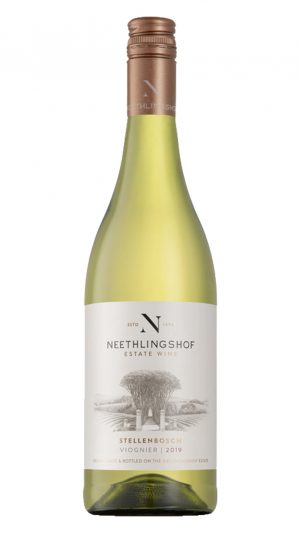Neethlingshof Caracal 2021
Type: Red
Country: South Africa
Region: Stellenbosch
Grape Variety: Cabernet Sauvignon, Merlot, Malbec, Cabernet Franc
Climate: The locality of Neethlingshof enables cool sea breezes from both the Indian and Atlantic oceans to penetrate the vineyards and cool down the grapes during hot summer days
Terroir: The vineyard has 273 hectares, of which 163 are planted with vines. The vineyards enjoy the Atlantic sea breeze that brings refreshment every afternoon. The predominant soil types found on the farm are Oakleaf and Tukulu
Winemaking: The grapes were harvested by hand at 23°C – 24.5°C during March. After de-stalking and crushing, the mash was fermented using a selected pure yeast culture in rotation tanks at 25 to 29°C. Fermentation took seven to nine days to complete. After malolactic fermentation, the wine was left on the lees and next matured in 300-litre barrels consisting of a combination of new French oak and second- and third-fill oak barrels for a period of 12 months. The components were matured separately before the careful construction of the final blend
Color: Dark, intense ruby
Nose: Prominent aromas of blueberries, blackcurrant and cherry supported by oak and cedar which carry through to the palate
Palate: An elegant, succulent, robust dry red wine which explodes on the palate with flavours of plum, blackcurrant and cherry. Well-structured and long-lasting finish with firm but supple tannins
About the Winery:
In the heart of the Cape wine region, you will find Neethlingshof Estate, one of the oldest wine estates in South Africa. Wines have been produced here since 1692. Originally founded by a German immigrant named Willem Barend Lubbe, it now produces high-quality wines from the Western Cape. Since 2003, they have also been pursuing an active biodiversity strategy to limit the monoculture of wine.
The estate grows many different grape varieties, including well-known ones such as Cabernet Sauvignon, Merlot, Chardonnay or Chenin Blanc, but also the Pinotage, Gewürztraminer or Riesling typical of South Africa.
With their south and southwest exposure, the plants soak up plenty of sun during the day, while being cooled by cold sea air at night. The growth process is thus rather slow, which gives the grapes a ripe aroma.

